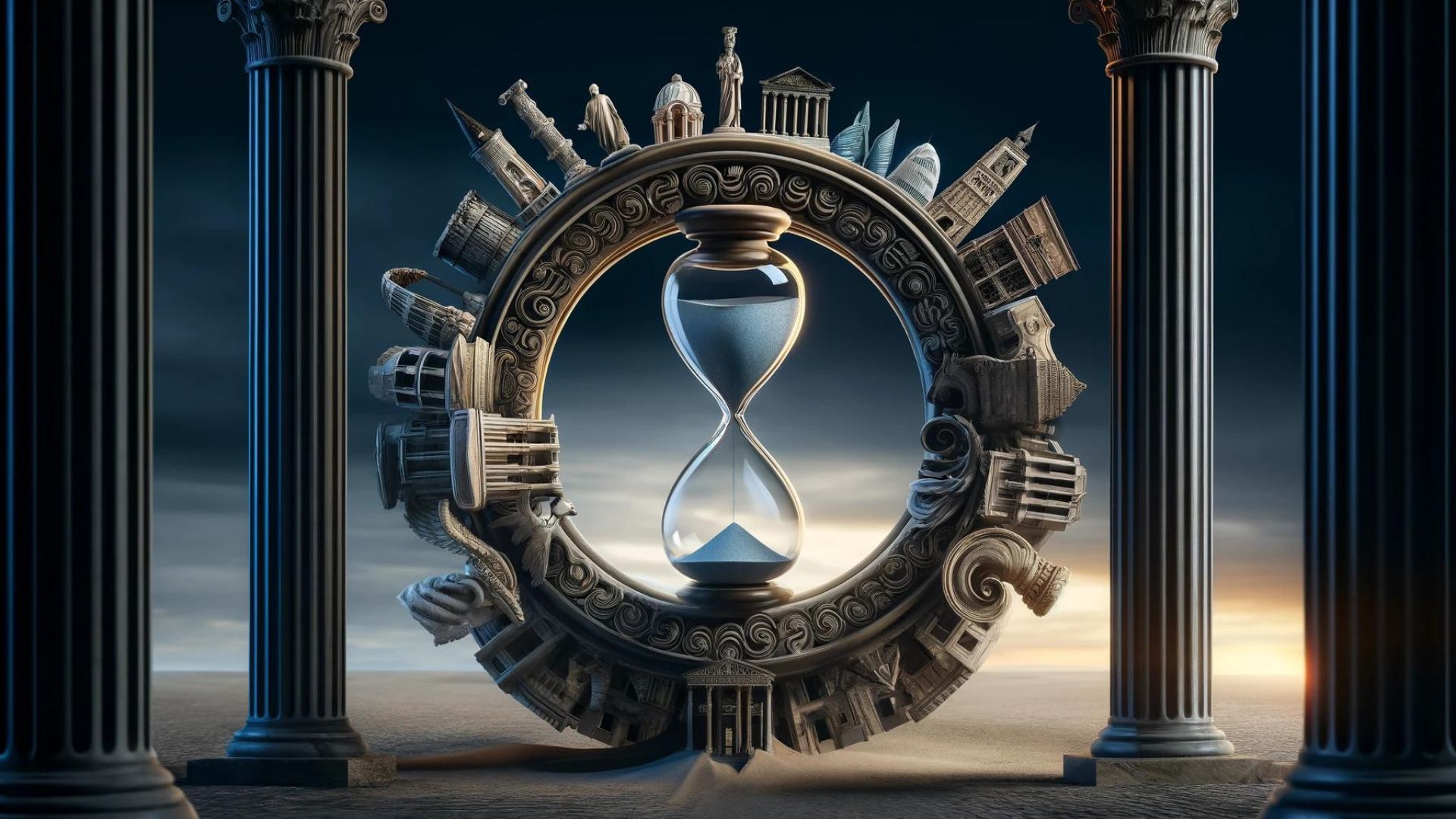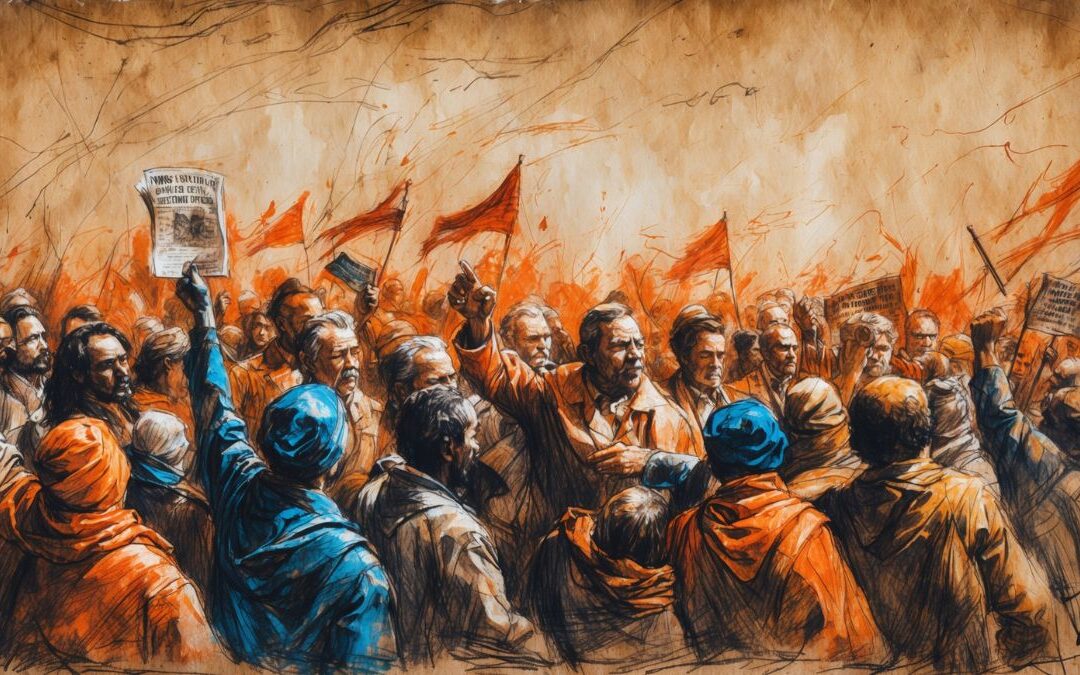History Repeats Itself: Unpacking an Enduring Proverb
The phrase “history repeats itself” is a timeless proverb, often offered as a cautionary reminder for those who fail to learn from the past. But how much truth does this well-worn adage actually hold? Let’s dive into the meaning of this proverb, uncover when it’s appropriate, and when it misses the mark.
Understanding the Proverb
In essence, “history repeats itself” suggests that human behavior, societal trends, and even large-scale historical events follow patterns. These patterns can reoccur across generations, cultures, and time periods. The underlying idea is that mistakes of the past are doomed to resurface if we don’t carefully examine the lessons history provides.
When It’s Appropriate to Use: Examples
- Recurring Cycles of Conflict: Throughout history, wars and conflicts have arisen from similar root causes: power struggles, resource scarcity, conflicting ideologies, or territorial disputes. By studying these patterns, we can potentially predict future zones of conflict or instability.
- Economic Trends: Financial markets often exhibit cyclical behavior. Booms and busts, while differing in details, can share underlying triggers such as overconfidence, excessive speculation, or economic inequality. Learning from past cycles can help mitigate future risks.
- Political Parallels: The rise and fall of empires, the emergence of populist movements, and the struggle for social justice follow recurring themes in history. Recognizing these patterns can help us understand current political landscapes and predict potential outcomes.
When It’s Not Appropriate to Use: Exceptions to the Rule
- Unique Events: Certain historical events are truly singular – a world war, a technological revolution, or a devastating pandemic. While they offer insights, expecting exact replications is unrealistic.
- Oversimplification: History is complex and nuanced. Blanket statements like “history repeats itself” risk ignoring specific details, social contexts, and the role of individual actors and decisions in shaping outcomes.
- The Danger of Pessimism: Focusing too heavily on this proverb can lead to cynicism. It’s vital to recognize human progress, adaptation, and innovation as forces that can break negative historical cycles.
In Conclusion
The proverb “history repeats itself” serves as a valuable reminder of the importance of learning from our past. Recognizing recurring patterns can aid in making more informed decisions in the present. However, we must remember that history is more than just a collection of predictable cycles. True understanding lies in balancing historical knowledge with an appreciation for the complexities, unique situations, and the potential for human beings to forge new and better paths.











0 Comments